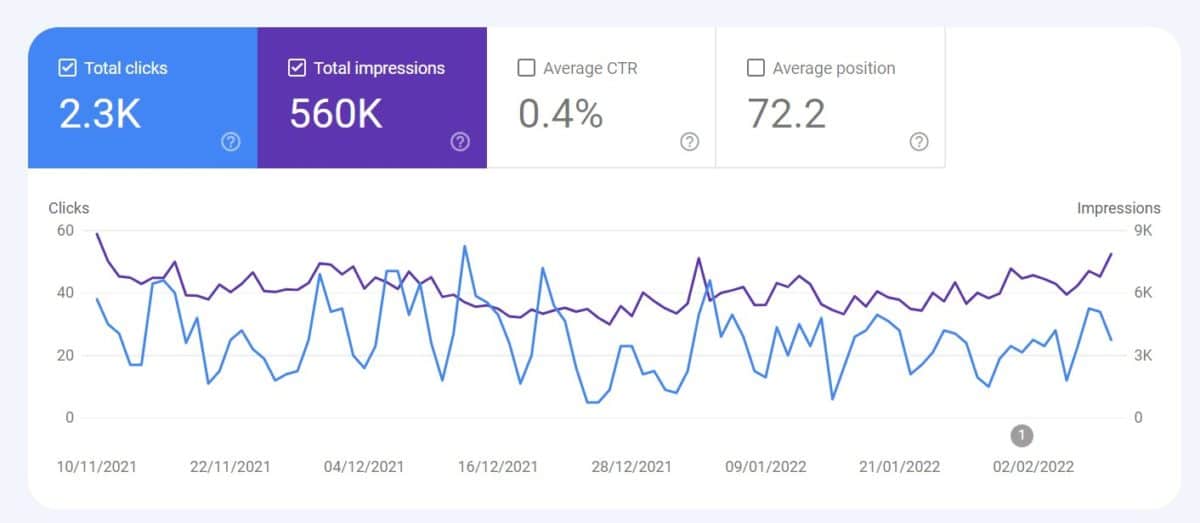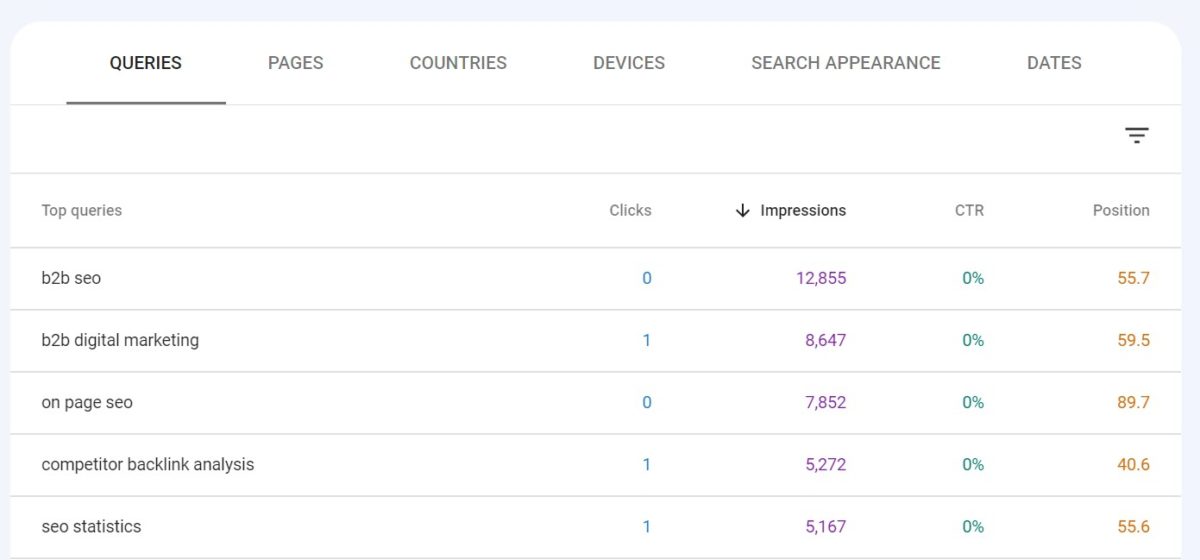Understanding your website's position on Google is crucial for digital success. Every website owner or digital marketer aims to have their site rank at the top of search engine results pages (SERPs). Knowing where your website stands not only helps you track your progress but also provides valuable insights into improving your SEO strategy. Without this knowledge, it's like sailing a ship without a compass—directionless and inefficient.
In today’s competitive digital landscape, staying ahead requires more than just creating great content. You need to understand the tools, techniques, and strategies that can help you monitor your website's ranking. Whether you're a beginner or an experienced webmaster, learning how to check website position on Google can be a game-changer for your online visibility. Fortunately, there are numerous methods and tools available to make this process simpler and more accurate.
This guide dives deep into the strategies, tools, and tips to help you effectively track your website's Google rankings. We'll explore everything from manual searches to advanced SEO tools, ensuring you have all the information you need to dominate the SERPs. Let’s start your journey toward mastering your website's position on Google.
Table of Contents
- What is Google Ranking?
- Why is it Important to Check Your Website Position?
- How to Check Website Position on Google Manually?
- Can Google Search Console Help Check My Website's Ranking?
- What are the Best Tools to Track Website Position?
- How to Use SEMrush for Google Ranking Tracking?
- Is Ahrefs Effective for Tracking Website Position?
- How to Check Local Search Rankings?
- How to Analyze Competitors' Rankings?
- Why Keywords Matter in Tracking Website Position?
- How to Use Incognito Mode to Check Website Position?
- Can Google Analytics Provide Ranking Insights?
- How Often Should You Check Your Google Ranking?
- Tips to Improve Your Website’s Google Ranking
- Common Mistakes to Avoid When Tracking Rankings
What is Google Ranking?
Google ranking refers to the position your website holds in the search engine results pages (SERPs) when users search for specific keywords. This ranking determines how visible your website is to potential visitors. Websites that rank higher tend to receive more traffic, while those lower down the list struggle to gain visibility.
Google's algorithm evaluates numerous factors, such as relevance, content quality, backlinks, and user experience, to rank websites. Understanding these factors is essential for maintaining a strong online presence and achieving higher rankings.
Why is it Important to Check Your Website Position?
Knowing your website's position on Google helps you assess the effectiveness of your SEO strategies. It provides insights into what’s working and what needs improvement. Here are some key reasons why tracking your site’s ranking is vital:
- Measure the success of your SEO campaigns.
- Identify opportunities for keyword optimization.
- Understand your competition and their strategies.
- Drive targeted traffic to your website.
How to Check Website Position on Google Manually?
One of the simplest ways to check your website position on Google is through manual searches. Here’s how you can do it:
- Open your browser in incognito mode to prevent personalized search results.
- Type your target keyword into Google’s search bar.
- Scroll through the search results to find your website.
- Note the position where your website appears.
While this method is straightforward, it’s not practical for tracking multiple keywords or large-scale SEO campaigns.
Can Google Search Console Help Check My Website's Ranking?
Yes, Google Search Console is a powerful tool for monitoring your website's performance. It provides detailed reports on your site's visibility, including average ranking position, impressions, and clicks for specific keywords. Here's how to use it:
- Log into your Google Search Console account.
- Navigate to the "Performance" section.
- Review the “Queries” tab to see which keywords your site ranks for and their average positions.
What are the Best Tools to Track Website Position?
Several tools can help you efficiently track your website’s position on Google. Here are some of the best options:
- SEMrush: Offers in-depth ranking analysis and keyword tracking.
- Ahrefs: Provides accurate ranking data and competitor insights.
- Moz Pro: Features advanced tools for SERP tracking and SEO analysis.
- Rank Tracker by SEO Powersuite: Allows you to monitor rankings for multiple keywords.
How to Use SEMrush for Google Ranking Tracking?
SEMrush is a comprehensive SEO tool that makes it easy to track your website's position on Google. Follow these steps:
- Create an account and log in to SEMrush.
- Go to the "Position Tracking" section.
- Enter your website URL and target keywords.
- Analyze the data to understand your site’s performance.
Is Ahrefs Effective for Tracking Website Position?
Ahrefs is another excellent tool for monitoring your website's Google rankings. Here’s how you can use it:
- Create an Ahrefs account and log in.
- Navigate to the "Site Explorer" section.
- Enter your website URL to get a detailed report on rankings, backlinks, and more.
How to Check Local Search Rankings?
Local search rankings are essential for businesses targeting a specific geographic area. To check your local rankings:
- Use tools like BrightLocal or Whitespark.
- Perform a localized search using Google’s location settings.
- Analyze your performance in Google My Business listings.
How to Analyze Competitors' Rankings?
Understanding your competitors’ rankings can provide valuable insights for your SEO strategy. Tools like SEMrush and Ahrefs allow you to analyze competitor performance. Identify their top-ranking keywords and backlink strategies to refine your approach.
Why Keywords Matter in Tracking Website Position?
Keywords are the backbone of SEO. Tracking the right keywords ensures that you’re reaching your target audience effectively. Use keyword research tools like Google Keyword Planner to identify the most relevant and high-performing keywords for your niche.
How to Use Incognito Mode to Check Website Position?
Using incognito mode ensures that your search results are not influenced by personalization or browsing history. This provides a more accurate representation of your website’s position on Google.
- Open your browser in incognito/private mode.
- Search for your target keyword.
- Analyze where your website appears in the results.
Can Google Analytics Provide Ranking Insights?
While Google Analytics doesn’t directly show your rankings, it provides valuable data on organic traffic and user behavior. By analyzing this data, you can infer how well your site is performing in search results.
How Often Should You Check Your Google Ranking?
It’s important to monitor your Google rankings regularly but not obsessively. Overchecking can lead to unnecessary stress and may not provide actionable insights. A weekly or bi-weekly check is usually sufficient for most websites.
Tips to Improve Your Website’s Google Ranking
Improving your website’s ranking requires a combination of on-page and off-page SEO strategies. Here are some tips:
- Optimize your content for targeted keywords.
- Build high-quality backlinks from authoritative sites.
- Ensure your website is mobile-friendly and fast.
- Focus on improving user experience and engagement.
Common Mistakes to Avoid When Tracking Rankings
When tracking your website’s position on Google, avoid these common pitfalls:
- Relying solely on one tool for data.
- Ignoring local and mobile rankings.
- Focusing on low-traffic or irrelevant keywords.
By following this comprehensive guide, you’ll gain a better understanding of how to check website position on Google and take actionable steps to improve your rankings. Whether you’re a beginner or an experienced SEO professional, these insights will help you dominate the SERPs and achieve your digital goals.


Detail Author:
- Name : Prof. Orpha Conroy III
- Email : lbaumbach@yahoo.com
- Birthdate : 2000-02-22
- Address : 67060 Cathrine Burgs Zboncakville, WI 12995-5460
- Phone : 832.560.6529
- Company : Schulist, Kshlerin and Upton
- Job : Editor
- Bio : Debitis quia ut cum dolores. Dolores asperiores eum nesciunt ut. Porro aut optio voluptatem accusantium enim.